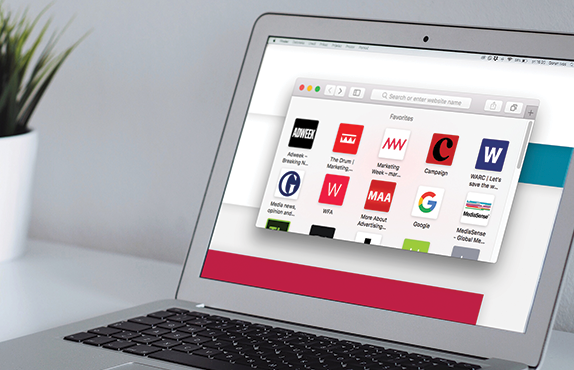
Amazon Drives New Data Collection Programme
Amazon wants to know more about its customer purchasing habits with rival retailers via a new Google chrome extension app. Amazon has stated they want to collect data to help improve its ‘Amazon Assistant comparison-shopping’ tool. The fine print also states that they can use the data to enrich their “general marketing, products and services, unrelated to the shopping assistant”. Amazon clearly values its customer data with £10 credit being offered to every person that signs up. The programme also seems future-facing as it aligns with a potential new US law requiring tech companies such as Facebook, Google and Amazon to reveal how much customer information is worth to them.
Further reading via the Drum and USA Today.
Advertising Gets an Upgrade
Wearable technology may present new opportunities for advertising when matched with an individual’s emotions and dispositions, an article in the Journal of Advertising Research (JAR) has argued. Unlike many other data gathering platforms in which the onus of gathering data lies with the customer themselves, wearable tech could offer an intriguing insight to how a consumer feels and responds to the real world. Personalized advertising systems – based on wearable tech and using heart-rate variability could allow companies to capture the consumers emotions through biometric feature extraction.
Further reading via WARC.
Flatlining Marketing Budgets
In one of the more direct signs that UK consumers and business alike are more uncertain than ever on the UKs future relationship with the EU, latest figures show a 0% balance of marketers recording marketing budget growth. This isn’t to say it’s all rough waters though, a net balance of 11.5% of marketers reported internet-based ad budgets rising.
Further reading via Campaign.
Cinema Makes a Comeback
Unlike many ‘old’ media platforms, cinema has shown a significant boost in audiences with DCM recording the highest level in 50 years. The predominant age group driving this increase in performance are 16-34-year olds, which make up nearly half of all cinema tickets sold in H1 2019.
Further reading via Campaign.
Channel 4 Annual Report 2018
Channel 4’s annual report highlights its TV advertising and sponsorship revenue has declined year on year with digital growth mitigating the decline.
The main channel’s audience performance held up last year, maintaining its 5.9% share of all viewing, according to BARB figures. However, the Channel 4 portfolio lost share, dropping from 10.5% in 2017 to 10.2% of all viewing in 2018.
This is in stark contrast with ITV channels which managed to gain audience shares from 21.7% of viewing in 2017 to 23.2% in 2018 after its core channel’s share rose from 15.5% in 2017 to 16.9% last year. Although this increase is attributed to the World Cup, it is hard to ignore the quality premium programming available on ITV such as Britain’s got Talent, I’m a Celebrity…Get Me Out of Here! and the audience grabbing Love Island while Channel 4 relies on Film 4 movies, The Great British Bake Off and First Dates. It’s clear to see without more programmes aimed at a younger demographic Channel 4 will continue to lose audience share.
Digital has been a focus throughout 2018 – an area of Channel 4’s revenues that has seen continued and record growth (with advertisers continuing to utilise All 4 to target light viewers). Channel 4’s new tool, “Project Agora” is scheduled to improve targeting on All 4, which will no doubt contribute to continued growth.
Further reading via the full Channel 4 Annual Report.